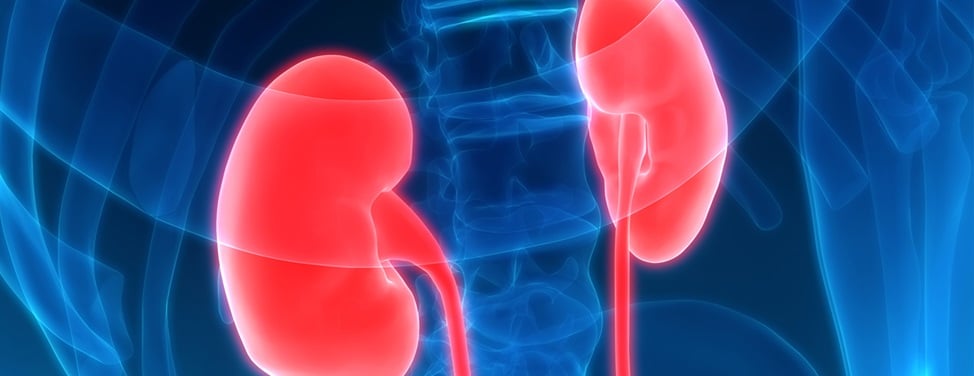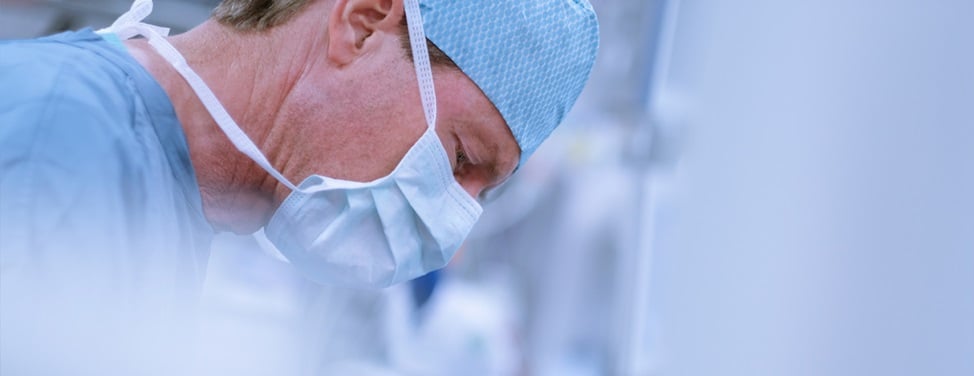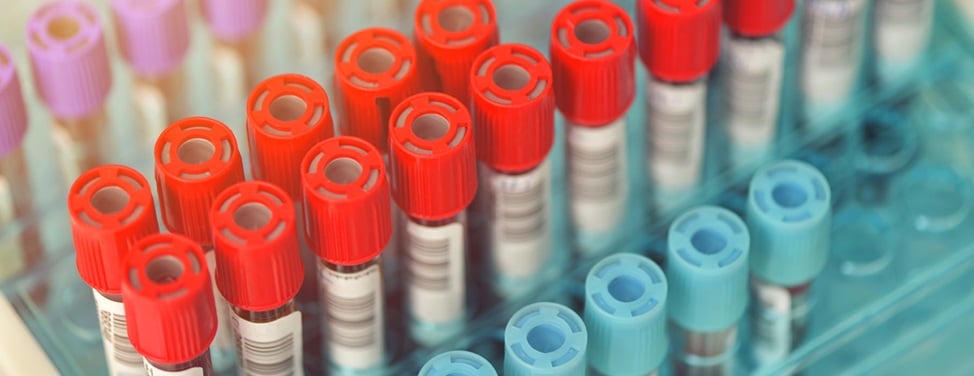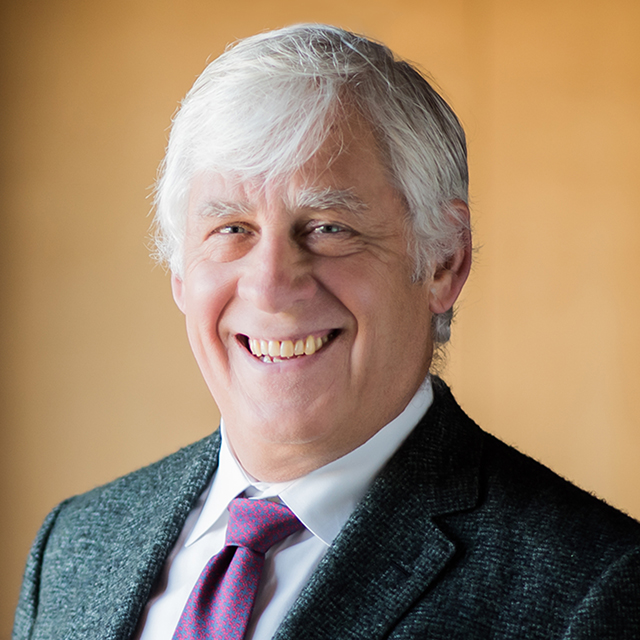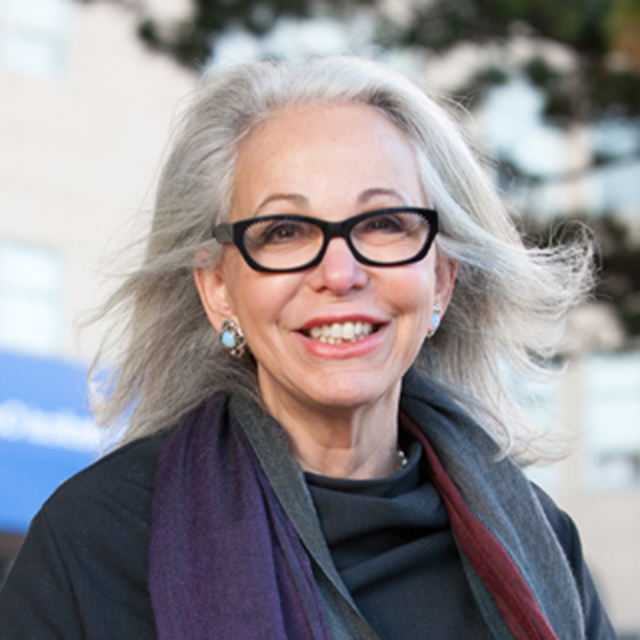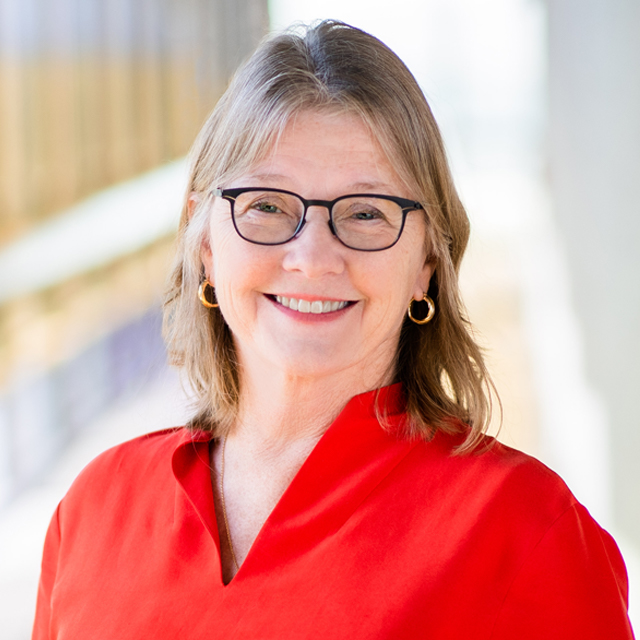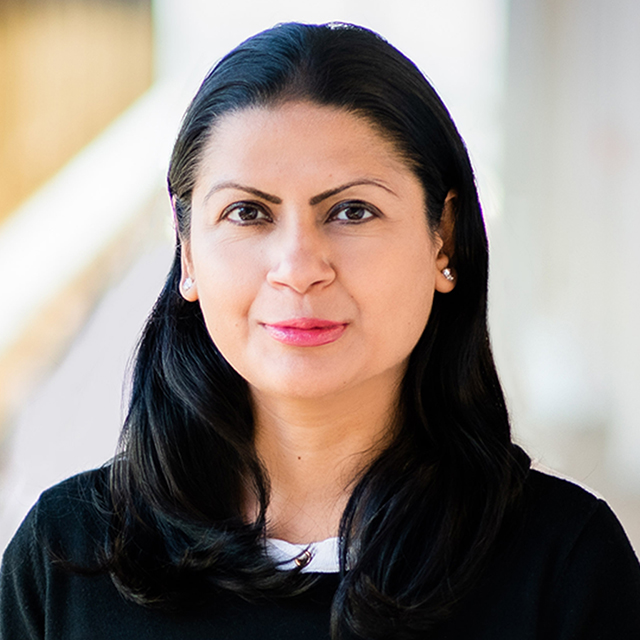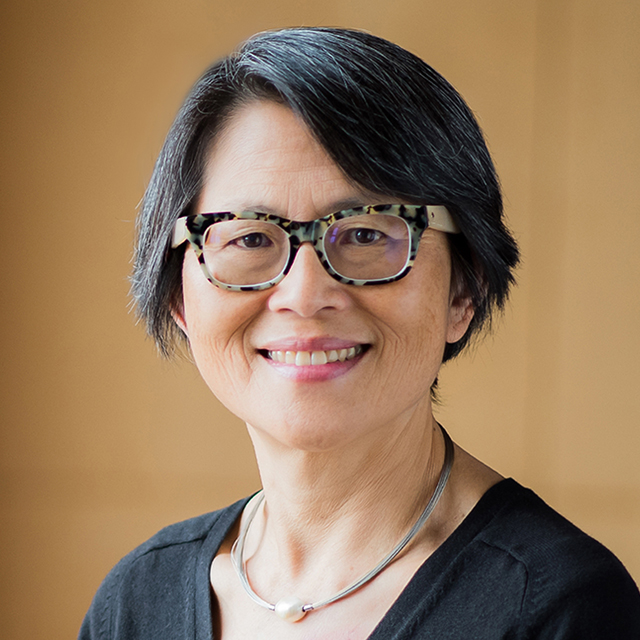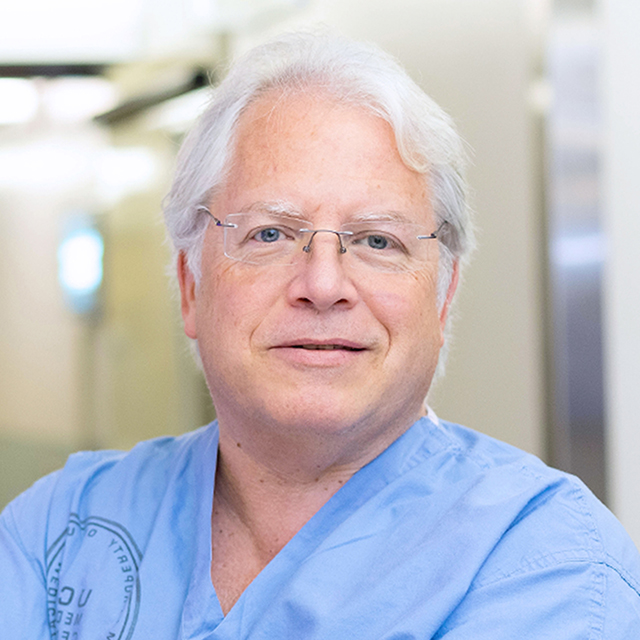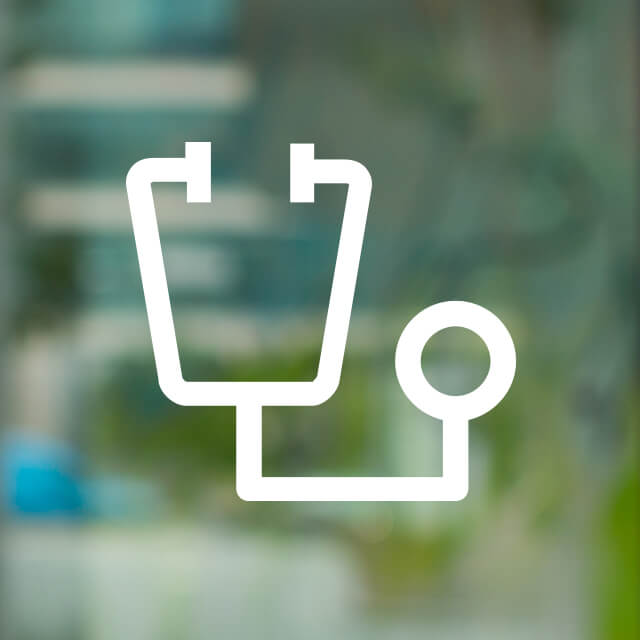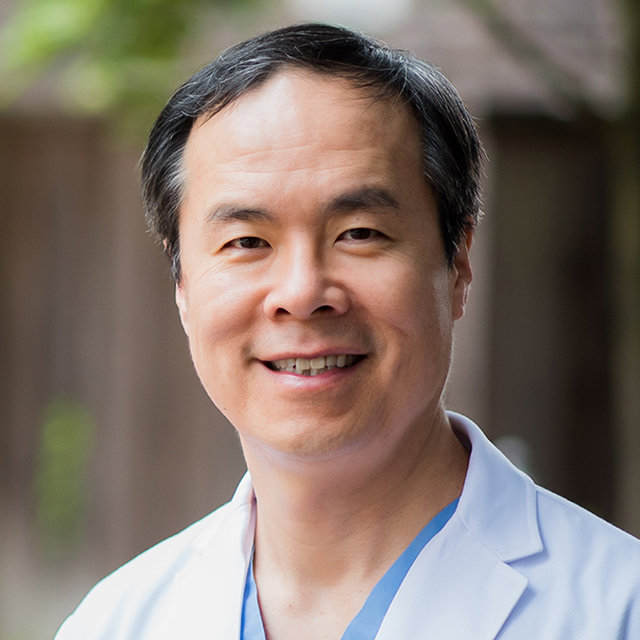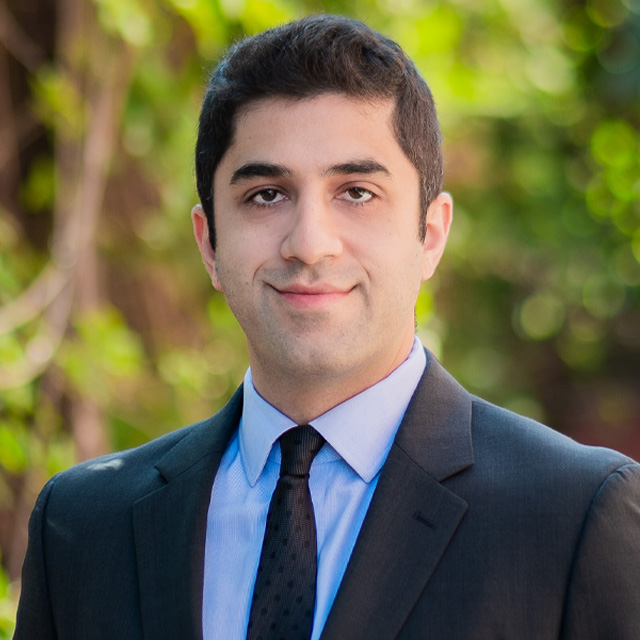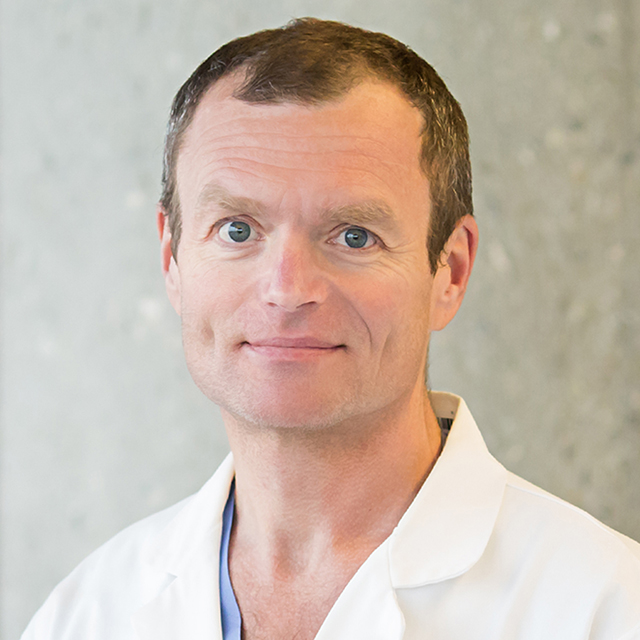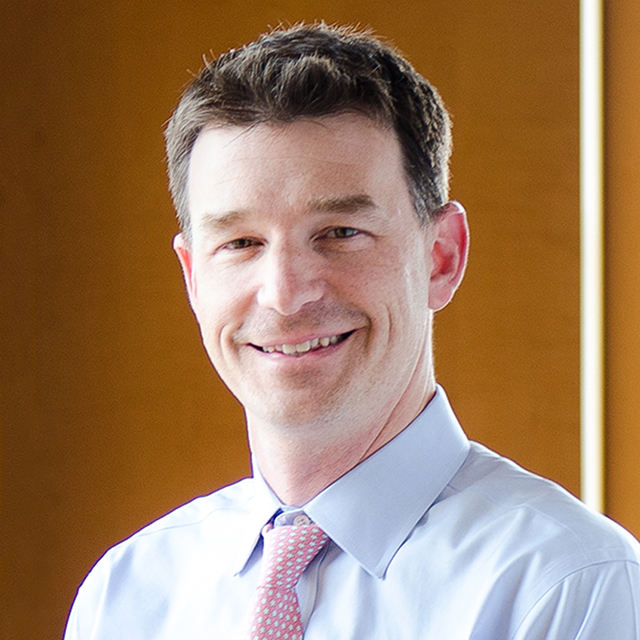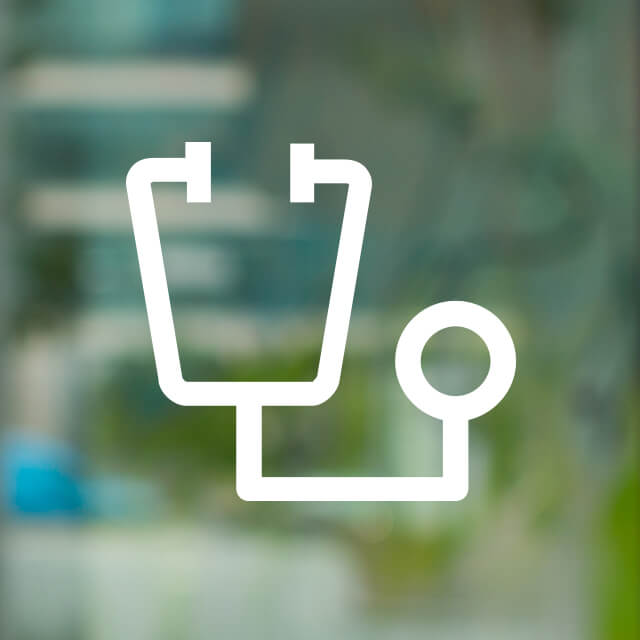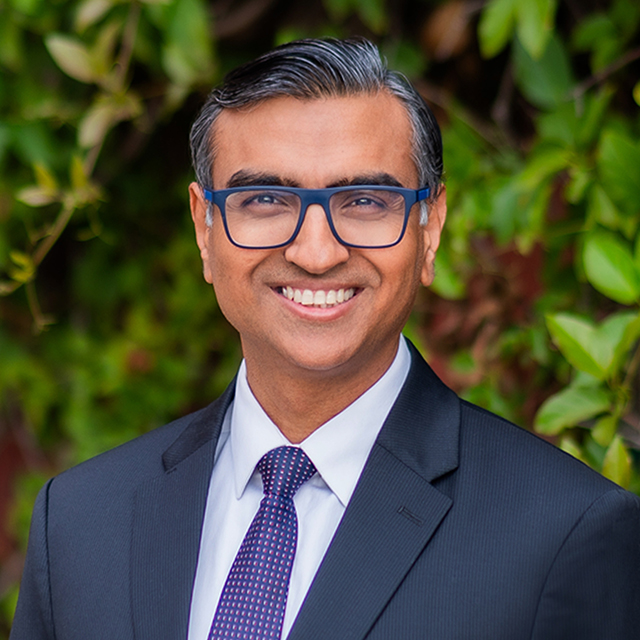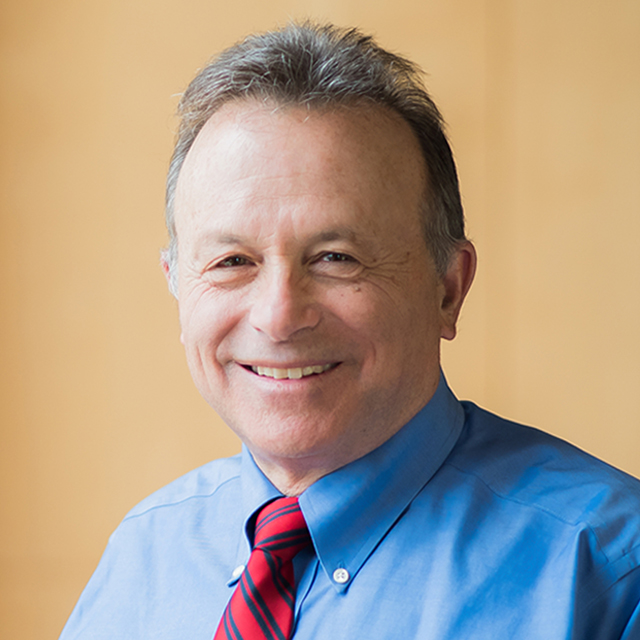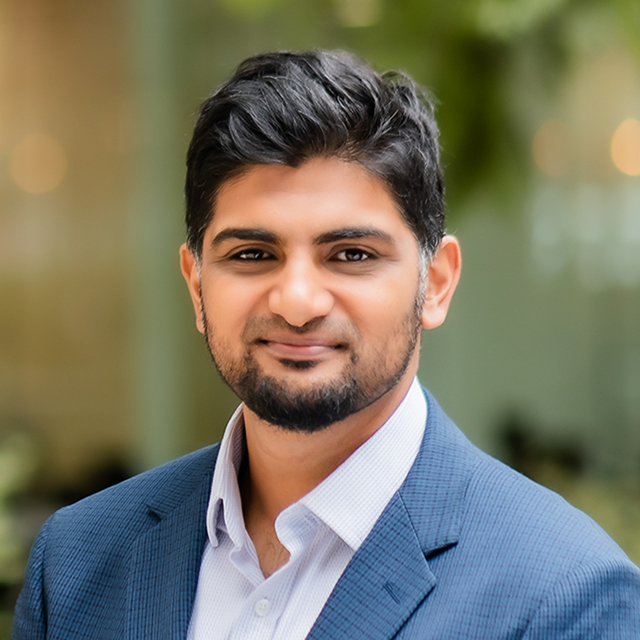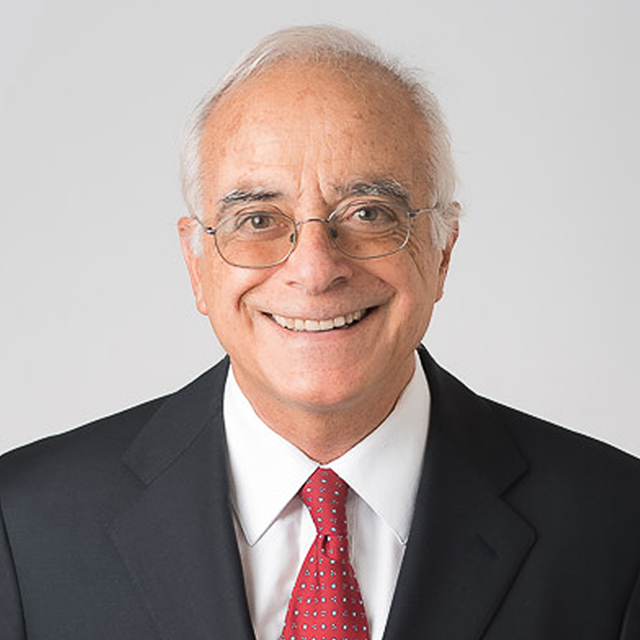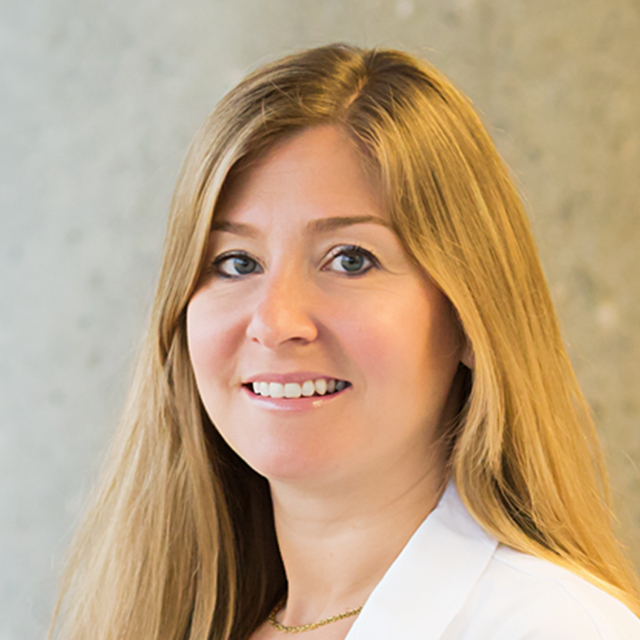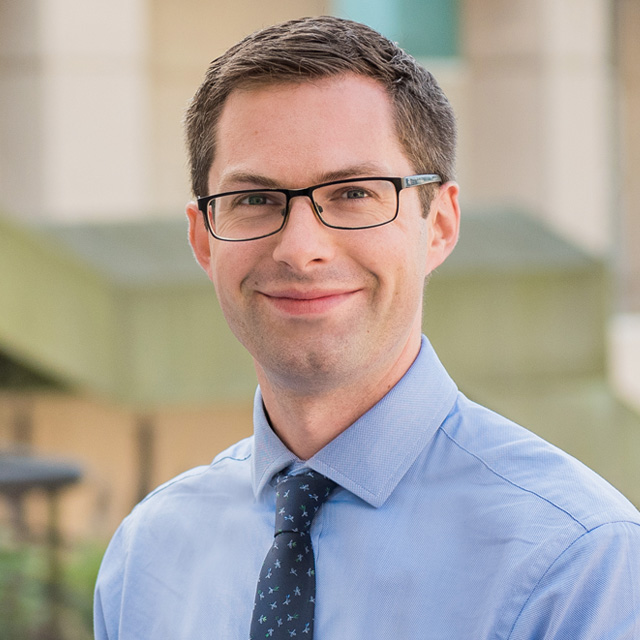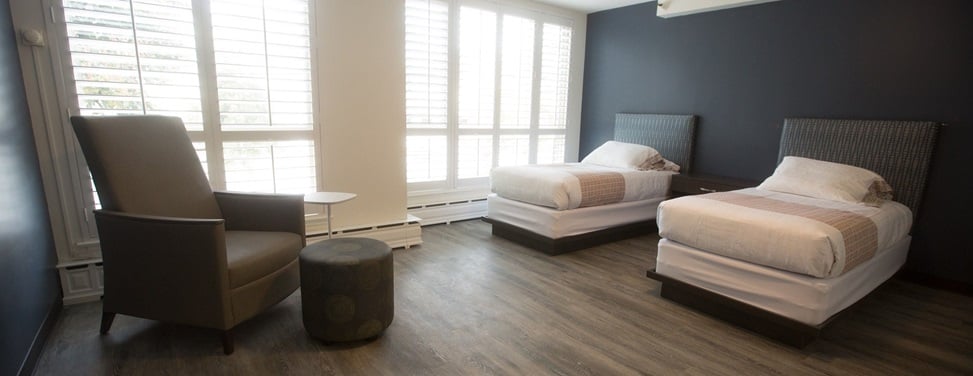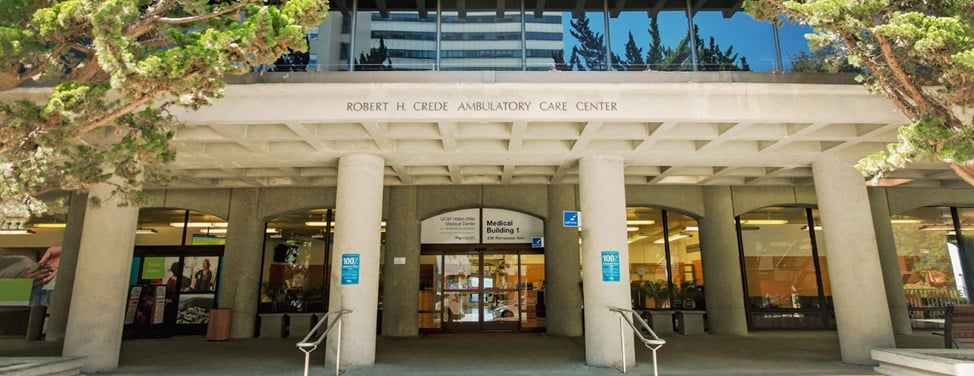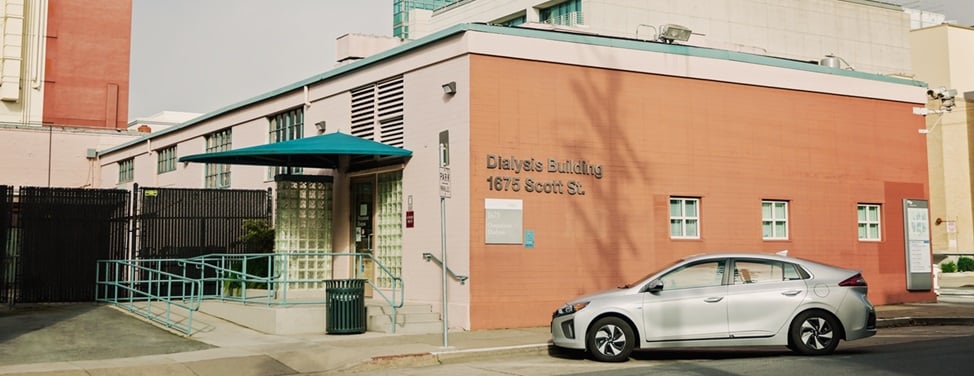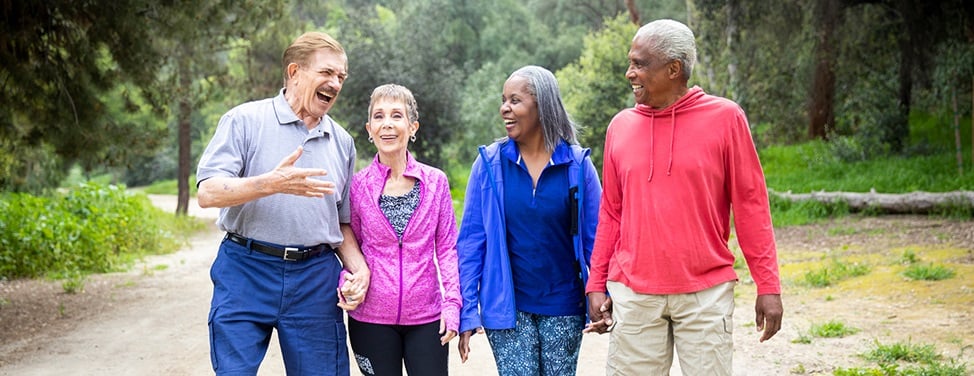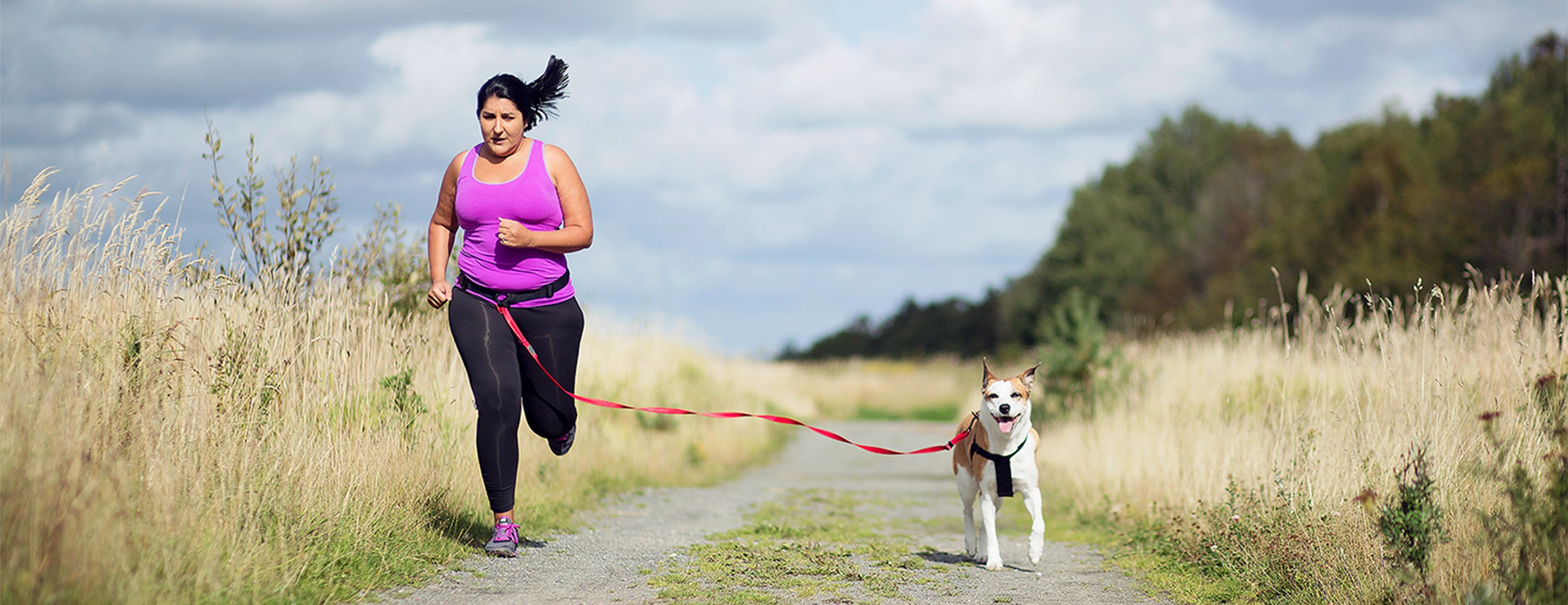
Kidney Transplant Center
The UCSF Connie Frank Transplant Center cares for patients before and after kidney and pancreas transplants. We transplant kidneys from deceased (cadaver) donors as well as living donors. We also offer specialized procedures, such as weight-loss bariatric surgery for overweight patients to quality for transplant, dialysis access surgery, and pancreatic islet transplants for patients with diabetes.
Established in 1964, our program serves as a major transplant center for the West. Our kidney team evaluates over 1,000 patients a year as potential transplant candidates and performs more than 325 transplants a year. In 2015, we performed more kidney and combined kidney-pancreas transplants than any other program in the U.S., according to data from the Organ Procurement and Transplant Network.
For information about UCSF's post-transplant outcomes, please visit The Scientific Registry of Transplant Recipients and The Organ Procurement and Transplantation Network.
Watch our video! To see how our doctors work with patients as a team to manage their long-term care after a transplant, click anywhere on the image below:
Doctor referral required
COVID-19 and transplant patients
UCSF strongly encourages patients awaiting kidney and pancreas transplants to get vaccinated. We also recommend that patients awaiting organ transplants follow the guidelines for immunocompromised patients from the Centers for Disease Control and Prevention (CDC).
Kidney donation
Becoming a living donor
The gift of an organ offers someone another chance at life. Find out more about the surgery, who is eligible and how to take the first step.
Contact us
If you have questions or would like more information, please send us an email at [email protected].
Our locations
Patient education
Our team
Clinical trials
Awards & recognition
-
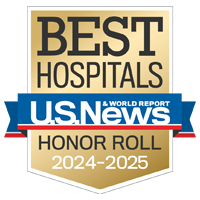
Among the top hospitals in the nation
-

Rated high-performing hospital for acute kidney failure
-

"Elite" rating (highest) among designated programs of excellence
-

Kidney transplants performed each year
Support services
Plan your visit
What to Bring
- Photo I.D.
- Health insurance card
- Insurance authorization, if required
- Doctor's referral, if required
- Recent test results related to your condition
- List of your medications, including dosages, plus any you're allergic to
- List of questions you may have
- Device or paper for taking notes
Related clinics
Our research initiatives
-

UCSF Division of Transplant Surgery Research
The UCSF Division of Transplant Surgery conducts research aimed at expanding medication options, refining surgical techniques and improving methods of preventing transplant rejection.









